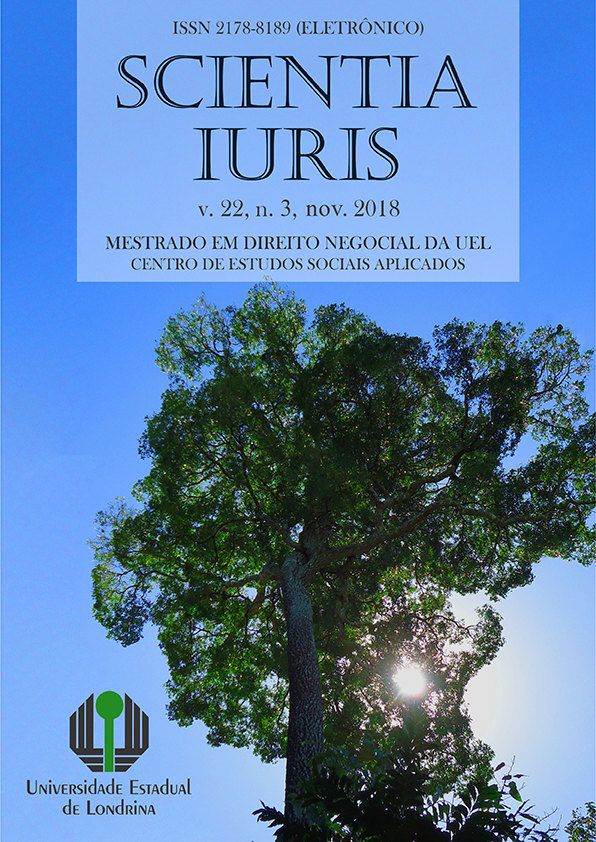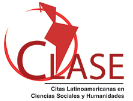The Community As A Favorable Location For Exercising Empathy: Public Policies For Extrajudicial Conflict Solution At The Community Scope
DOI:
https://doi.org/10.5433/2178-8189.2018v22n3p74Keywords:
Community. Empathy. Public policy. Out-of-court settlement.Abstract
In the understanding that individuals are born to live in communities, it is congruent that conflicts in the community sphere are also resolved internally. Tools such as empathy are widespread in the sense that it promotes belonging inherent in members, which is why extrajudicial methods for the solution of conflicts are effective mechanisms for achieving the pacification of interpersonal relations. This study addresses the notion of community and its importance for the development of empathy in human relations, in addition to exposing the idea of public policies in extrajudicial forms of conflict management. This research is based on literature review with the examination of legal scientific works and legislation and utilizes the deductive approach and method of monographic procedure. Since the community fosters a space for communal growth, this paper proposes the following question: how can communities, via tools such as empathy, become a suitable place for the treatment of extrajudicial conflicts? Public policies aimed at encouraging consensus-based means of dispute resolution in extrajudicial matters have gained emphasis in recent years, contributing to the valorization of community spaces for mutual dialogue and understanding of others, as they are all individuals who hold fundamental rights.
Downloads
Downloads
Published
How to Cite
Issue
Section
License
Copyright (c) 2022 Scientia Iuris

This work is licensed under a Creative Commons Attribution 4.0 International License.
The journal reserves the right to modify, in the original text of the submitted article, normative, spelling and grammatical mistakes in order to maintain the cultured standard of language and the credibility of the journal. The journal will respect the authors' writing style. Changes, corrections or suggestions of conceptual order will be sent to the authors, when necessary. In such cases, the articles will be re-examined. The final exams will not be sent to the authors. The published works become the property of the journal, in other words, its total or partial reprinting is subject to the express authorization of the journal. In all subsequent citations, the original source of publication shall be cited and in the case of Photographic Speeches, shall be approved by the original author. The opinions expressed by the authors of the journal's articles are of their sole responsibility.


















